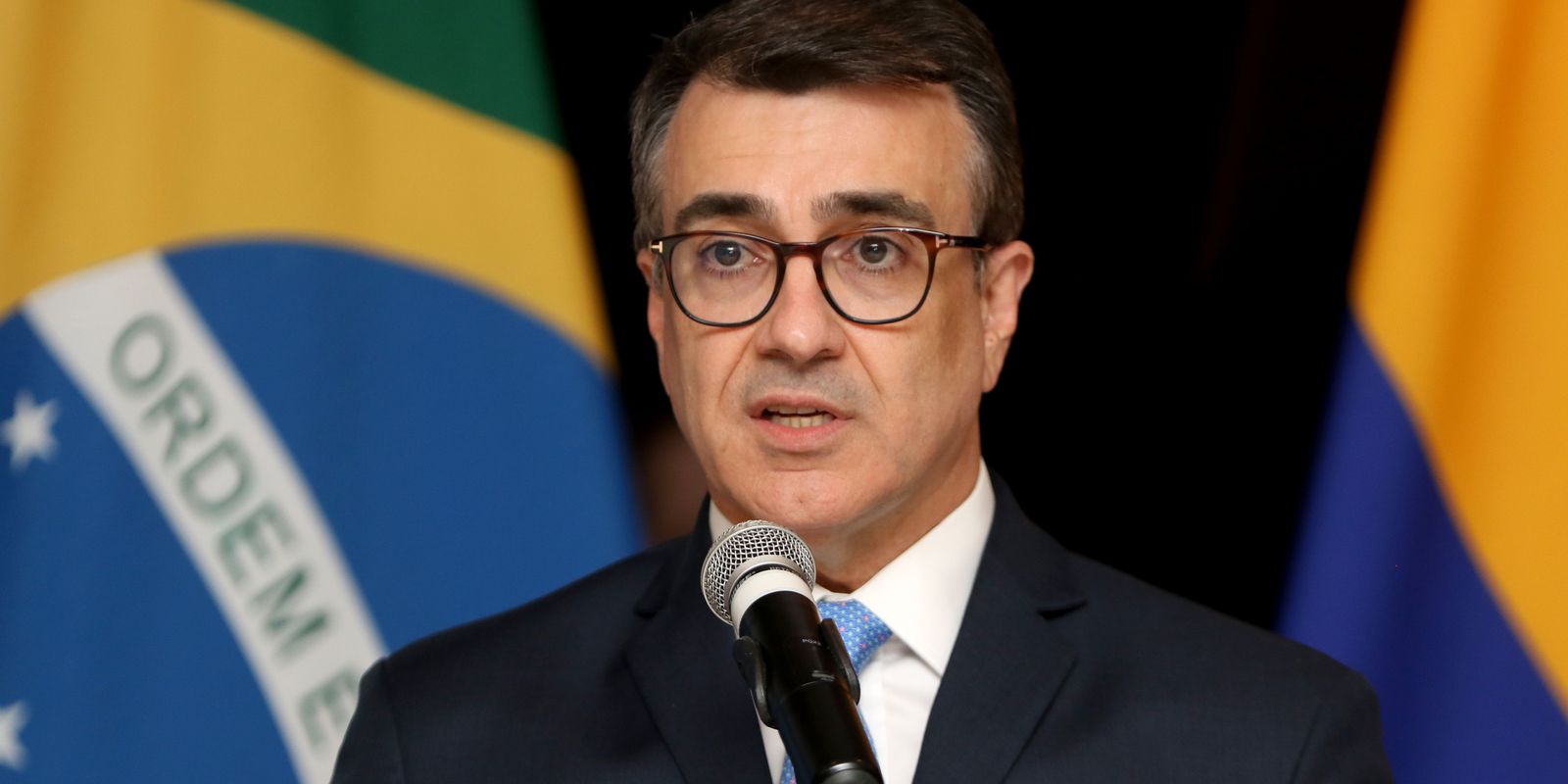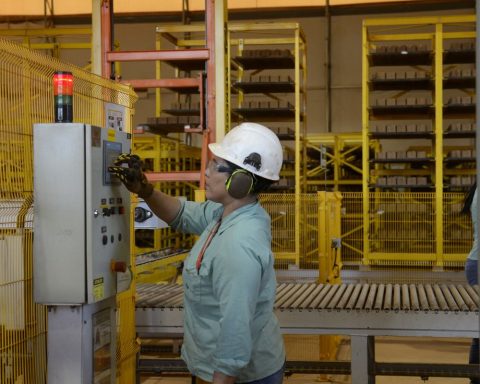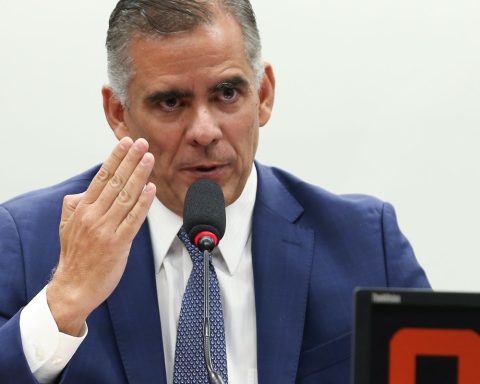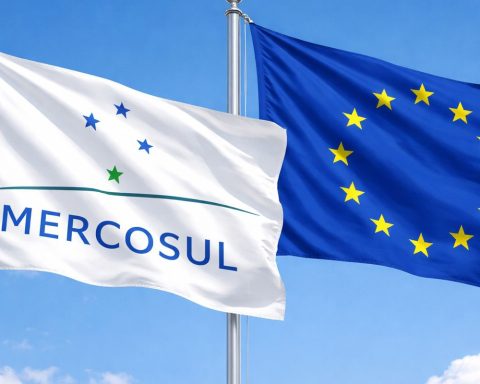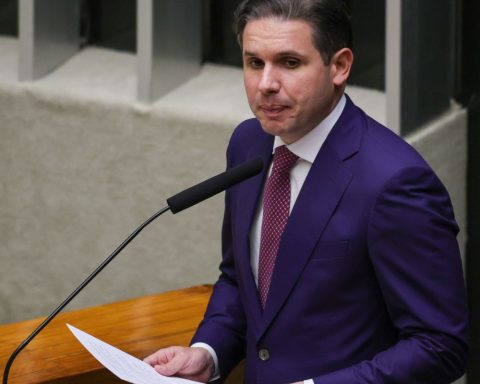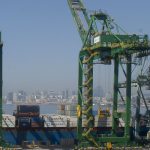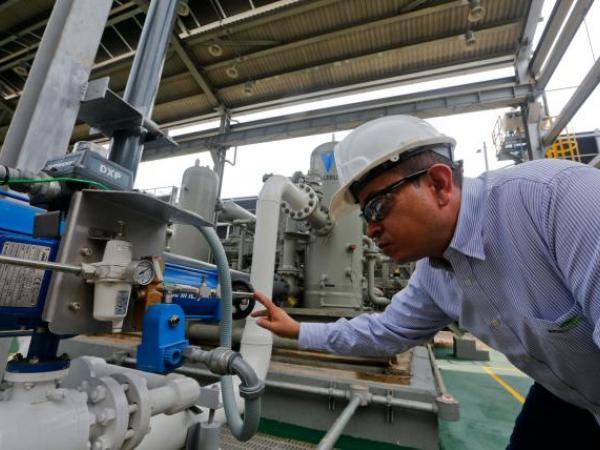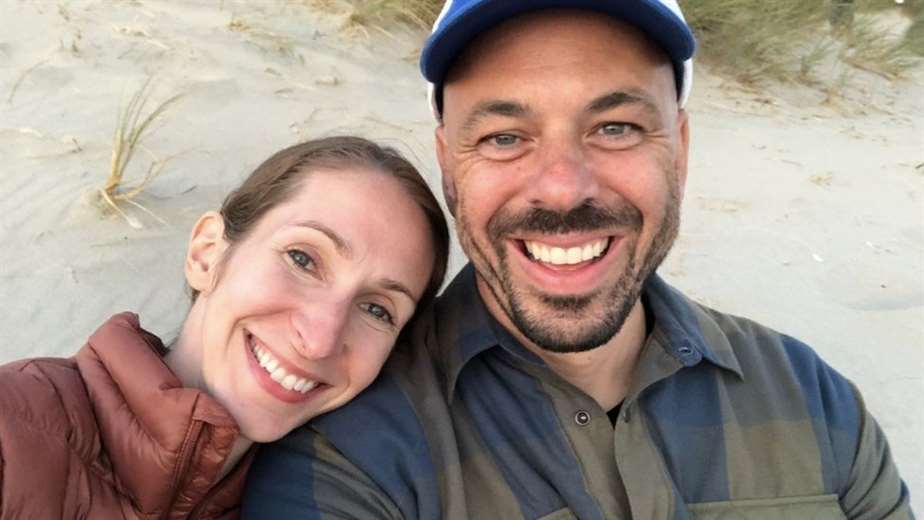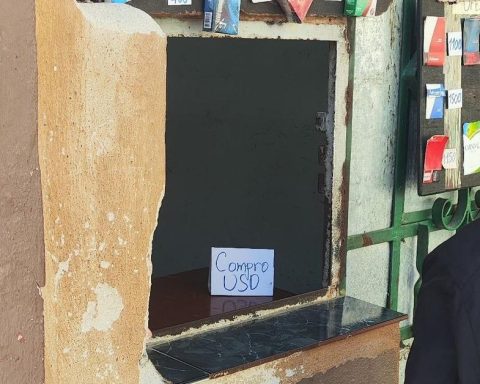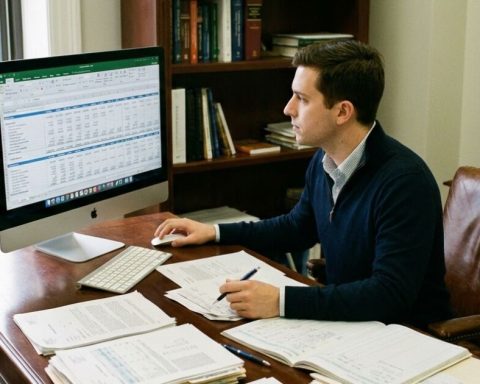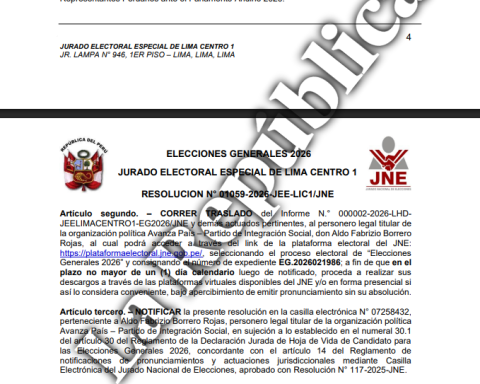Brazil’s eventual entry into the Organization for Economic Cooperation and Development (OECD) will help unlock the ratification of the agreement between Mercosur and the European Union (EU), said Chancellor Carlos França. In an exclusive interview with Brazil Communication Company (EBC), the Minister of Foreign Affairs stated that the analysis of Brazil’s “accession roadmap” (accession plan) to the OECD should take two or three years, but assured that the Brazilian government is working to accelerate the process and bring this deadline forward.
“Without a doubt, with Brazil becoming a member of the OECD, which brings together ambassadors from most European Union countries, we will have a privileged dialogue with these countries. Yes, this is a facilitating factor for us to transmit to these countries the Brazilian vision on all these issues that we have here: environment, productivity, social inclusion and public and private governance”, declared the minister during the Brazil-OECD Week event, which takes place until Friday (24) in Brasília.
Approved in 2019, after 20 years of negotiations, the agreement between Mercosur and the European Union needs to be ratified by the parliaments of all the countries of the two blocs to enter into force. However, several European countries have suspended approval of the agreement, which will require additional negotiations.
Accession
Regarding the OECD accession process, the chancellor explained that the “accession roadmap” received by Brazil on the last 10th, in Paris, works as a road map with the necessary policies for a particular country to be part of the group. By the end of the year, France said, the country will send an initial memorandum, when the application for membership will be formalized.
According to the chancellor, Brazil has the advantage because, of the 257 normative instruments of the OECD, the country adhered to 112. at least 229 legal instruments. “Brazil is the country that historically adhered to the largest number of instruments even before the accession process”, he pointed out.
The minister pointed out that one of the signs that the OECD will be willing to accelerate the accession process is that the thematic committees that will examine the Brazilian plan will work in parallel, without the need to wait for a committee to close its activities to start another. There are plans to set up at least four thematic committees: taxation, environment, human rights, governance (public and private) and productivity.
commitments
According to Carlos França, the Brazilian government is committed to the basic guidelines of the OECD. The axes, he enumerated, are the following: best public governance practices, greater transparency, the fight against corruption and the creation of a better business environment (customs facilitation and reduction of bureaucracy in foreign trade, tax collection, opening of businesses and internal organization of companies).
“The path to modernity, to bring more investments to Brazil, demands precisely adherence to these principles. These are principles that I understand that Brazilian society wants. We think that this is a State policy”, commented Carlos França. He recalled that, since 2015, Brazil has been a key partner of the OECD and is attentive to the guidelines of the international organization.
In the coming months, explained the chancellor, the government intends to discuss adherence to the legal instruments that are still lacking with the National Congress, with business institutions, such as the National Confederation of Industry (CNI) and with society. The minister claims to have met with deputies and senators and received an indication that Congress is willing to speed up the necessary votes.
Latin America
France gave an interview to EBC after the transfer of the co-presidency of the OECD Regional Program for Latin America and the Caribbean, a project to bring the OECD closer to the countries of the continent. After three years co-chaired by Brazil and Mexico, the program was now led by Colombia and Paraguay.
According to the chancellor, Brazil and Mexico worked on three fundamental pillars of the OECD regional program: productivity, social inclusion and governance. During the management, a fourth pillar was included, that of environmental protection. Through the regional program, the OECD and Latin American and Caribbean countries discuss public policies for the continent.
“This program [regional] allows us, having a greater contact with the OECD, to know what are the objectives of this organization, its highest standards and to understand the guidelines that they establish. Not just in the accession process, but long before it,” explained the minister.
Challenges
Present at the change of command, OECD Secretary General Mathias Cormann said that Latin America faces a series of challenges posed by the Covid-19 pandemic and the war between Russia and Ukraine. “Economies on the planet, including Latin America, were recovering relatively strong, relatively fast. [da pandemia]. Now the world is living with the war in Ukraine, which is reducing global growth and increasing inflation,” she declared.
For Cormann, Latin America and the Caribbean have long-standing challenges that require structural reforms, to which several problems have been added in recent years. “We must provide answers to climate change. We aspire to optimize the benefits and opportunities of digital transformation in our economies and societies. We still need to pursue the sustainable expansion of global trade within a fully operational international trading system,” she added.
The OECD has 38 members, four of which are Latin American: Mexico, Chile, Colombia, and Costa Rica. Brazil and Peru were invited at the beginning of the year and are discussing the accession plan, with the “accession roadmap” approved along with that of three other European countries: Bulgaria, Croatia and Romania. Argentina was invited in 2019, but is still in the dialogue phase.
